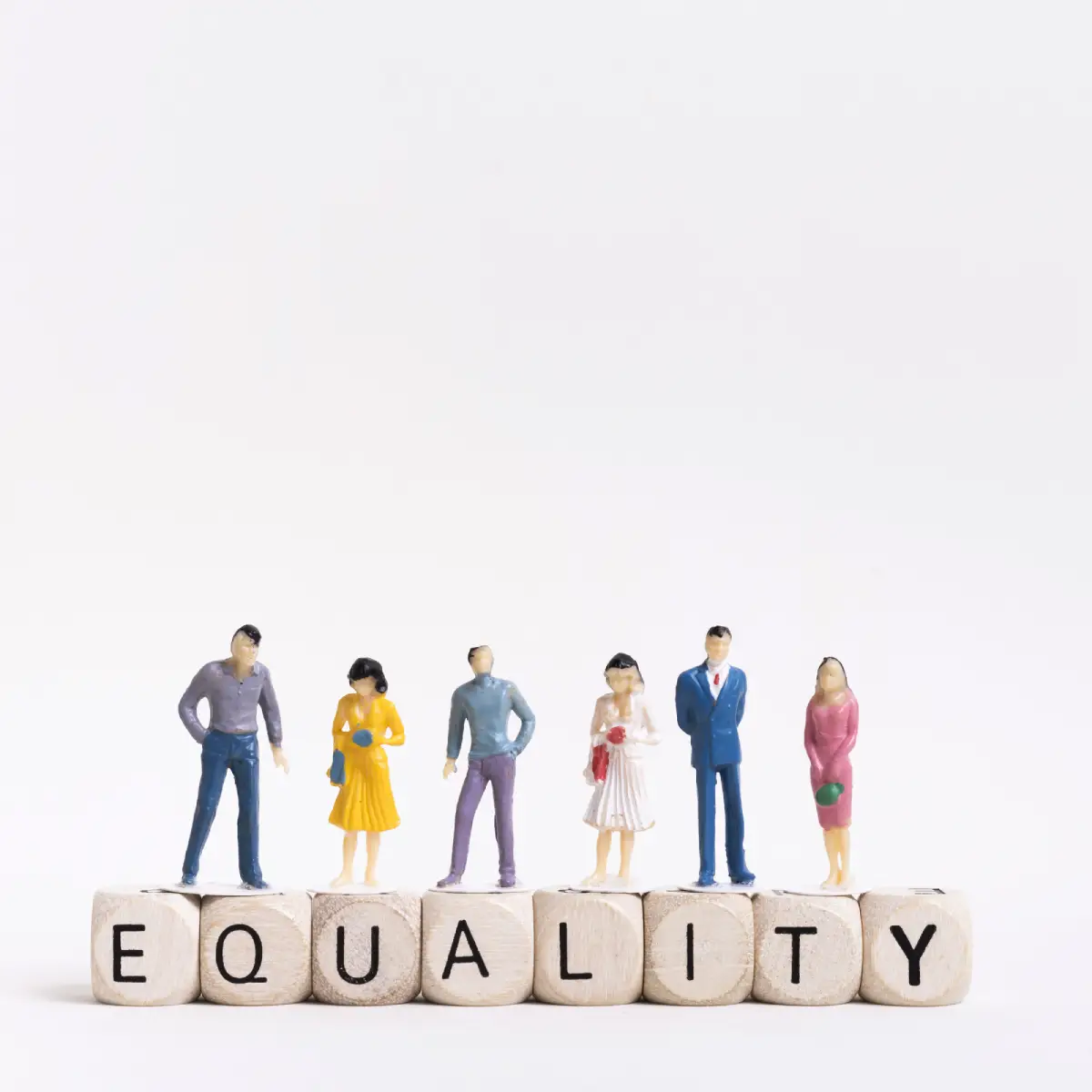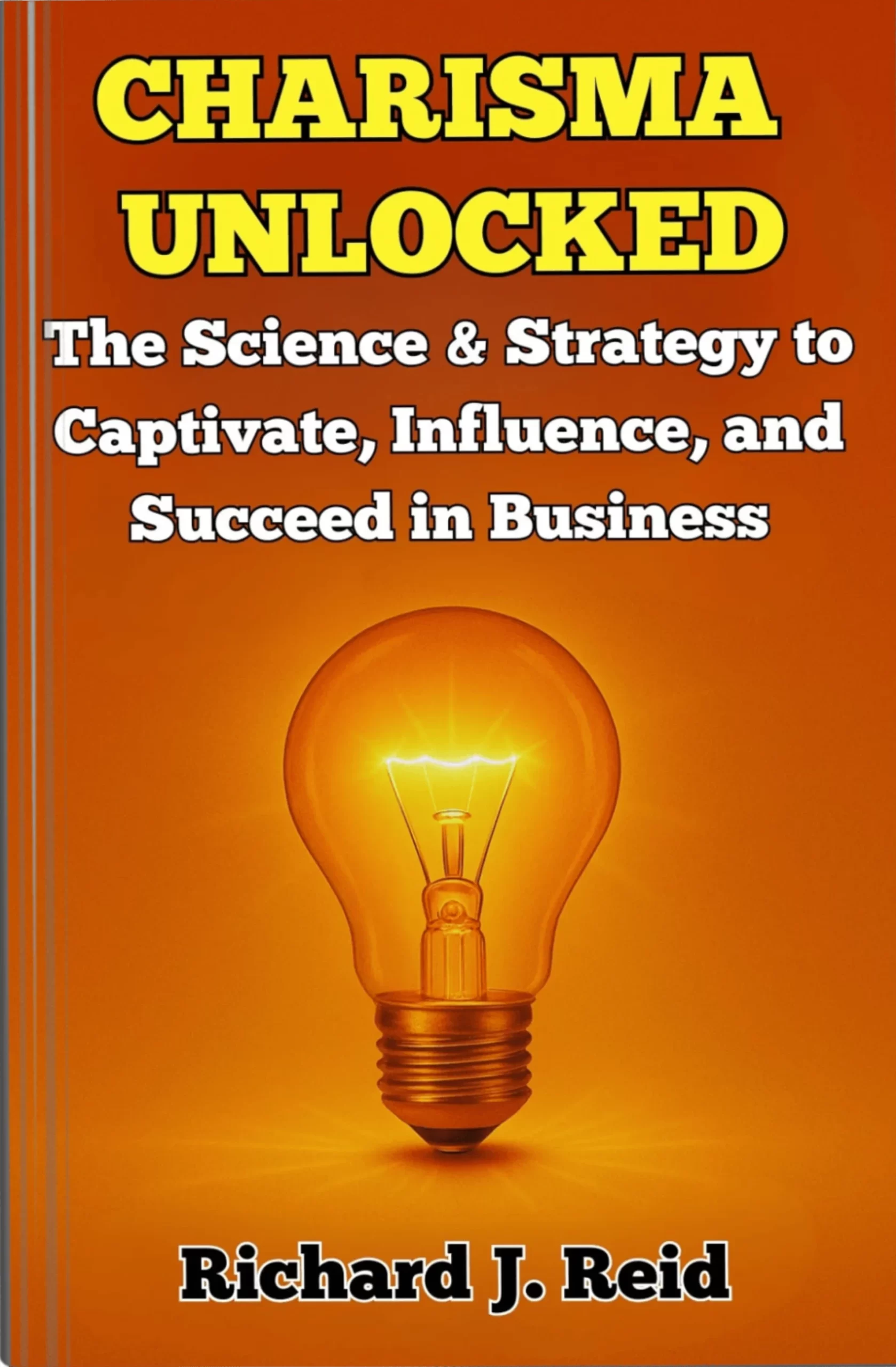The prospect of walking into a networking event can be both exciting and daunting. By employing a few key elements of Charisma, these events can become more enjoyable and successful:
Mindset
Adopt the mind-set you would have if you were hosting a party at home. This is the mind-set that makes you a star networker. Talk to people, ask them how they are doing, how they got there, if they’ve been to the same type of event before. Ask them if you can get them a drink, if they’re looking to find someone in particular.
Body language
Use an open body language. As well as making you look more open and approachable, it also makes you feel more open and approachable. Open body language means an open posture – chin up and shoulders back. Hands out of the pockets, out from behind the back and uncrossed. Use your hands with your palms open and upwards. Toes should point either straight forward or slightly outwards.
Expectations
Go in with realistic expectations: you won’t be able to meet all the attendees, and nor should you. Rather, you should focus on meeting a handful of people from similar businesses and try to build meaningful relationships with these individuals. Your goal should not be to collect a stack of business cards but to make real contacts that will further your career.
Always eat before you attend an event. While the invitation may promise canapés, you don’t want to waste time hounding the waiters when you really should be focusing your attention on the other attendees and speakers. Throughout the event, avoid holding a glass in your right hand and a snack in the other. You need to be ready to shake hands with new contacts at a moment’s notice.
Chances are you will bump into acquaintances or friends. Many nervous attendees cling to their friends as a sort of security blanket. While it may be easier—and more fun—to catch up with friends, you should not devote too much time to those you already know. This is your chance to shine to others, so say hello to your friends but leave the longer conversations for another time.
When talking with another attendee, be in the moment: listen to what they are saying and react appropriately. While this may seem like an easy step, it is also the most important because it determines the impression that you leave on your new acquaintance. If you are constantly looking over their shoulder to see who else is out there, you will miss the chance to make a meaningful connection with the person right in front of you! Be present and think of what you have in common or how your two businesses overlap.
Try to approach groups of three to five people. It is easier to slide in when there are an odd number of people involved in a conversation. Steer clear of serious topics like politics, religion, or health. By keeping the talk light-hearted—focusing on the arts, culture, food, or travel—you will be less likely to offend anyone and more likely to include everyone in the conversation.
Be aware of the amount of time that you are dedicating to each person. While it is important to give your undivided attention to the person you are speaking with, don’t feel that you have to spend the whole event with a particularly chatty contact. It’s appropriate to move on after a reasonable amount of time as long as you make a smooth and polite exit. One strategy is to summarize your understanding of their business, exchange business cards, and say that you look forward to being in touch. If the person continues talking, say that you have to see if a client of yours has arrived.
After you leave the event, follow up with the people you spoke with. It is often helpful to make a note on the back of their business cards, jotting down either what you spoke about or what their business goals include. In doing so, you help protect your memory of each individual, which will allow you to write a more personalized follow-up after the event.




















